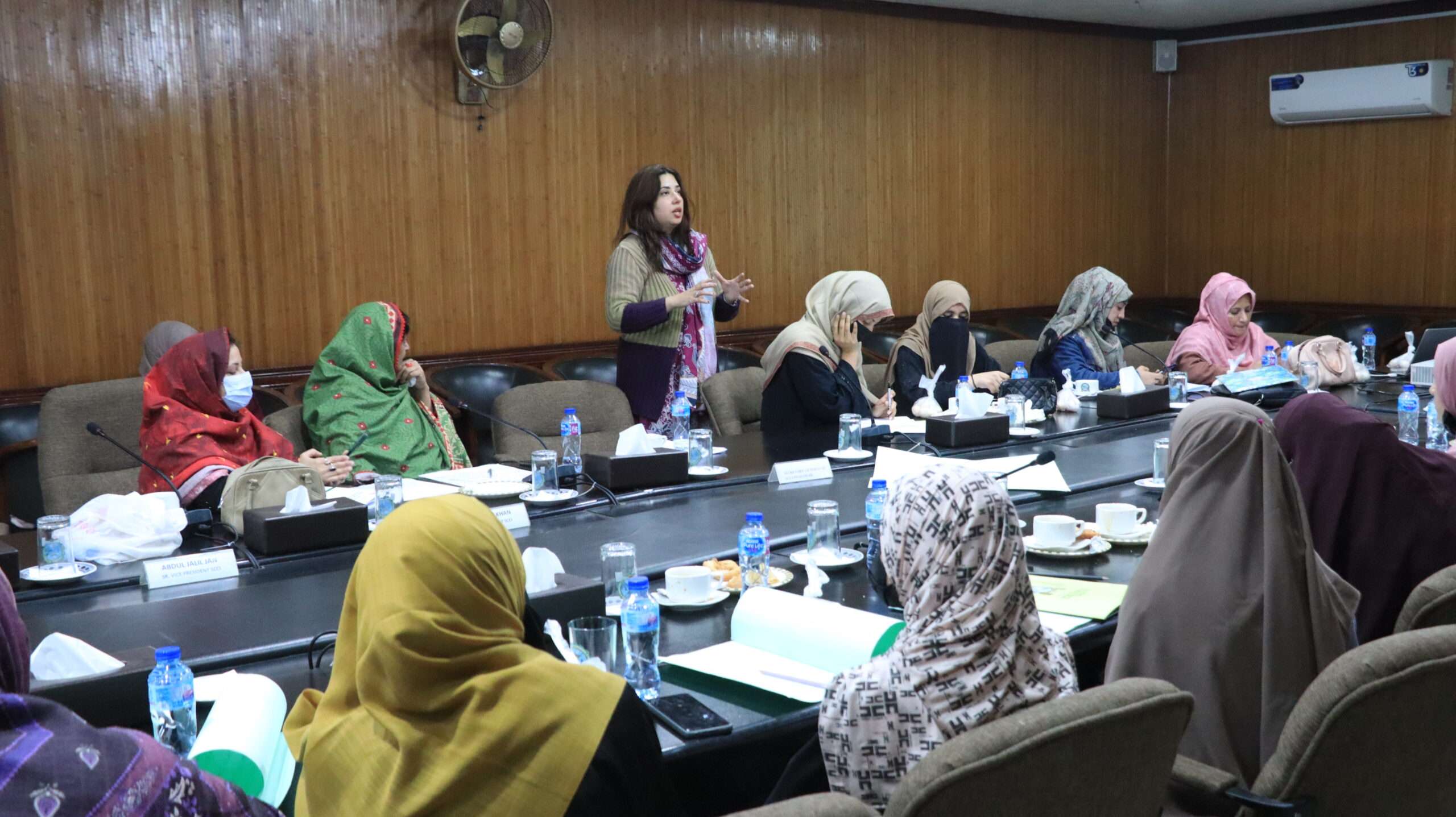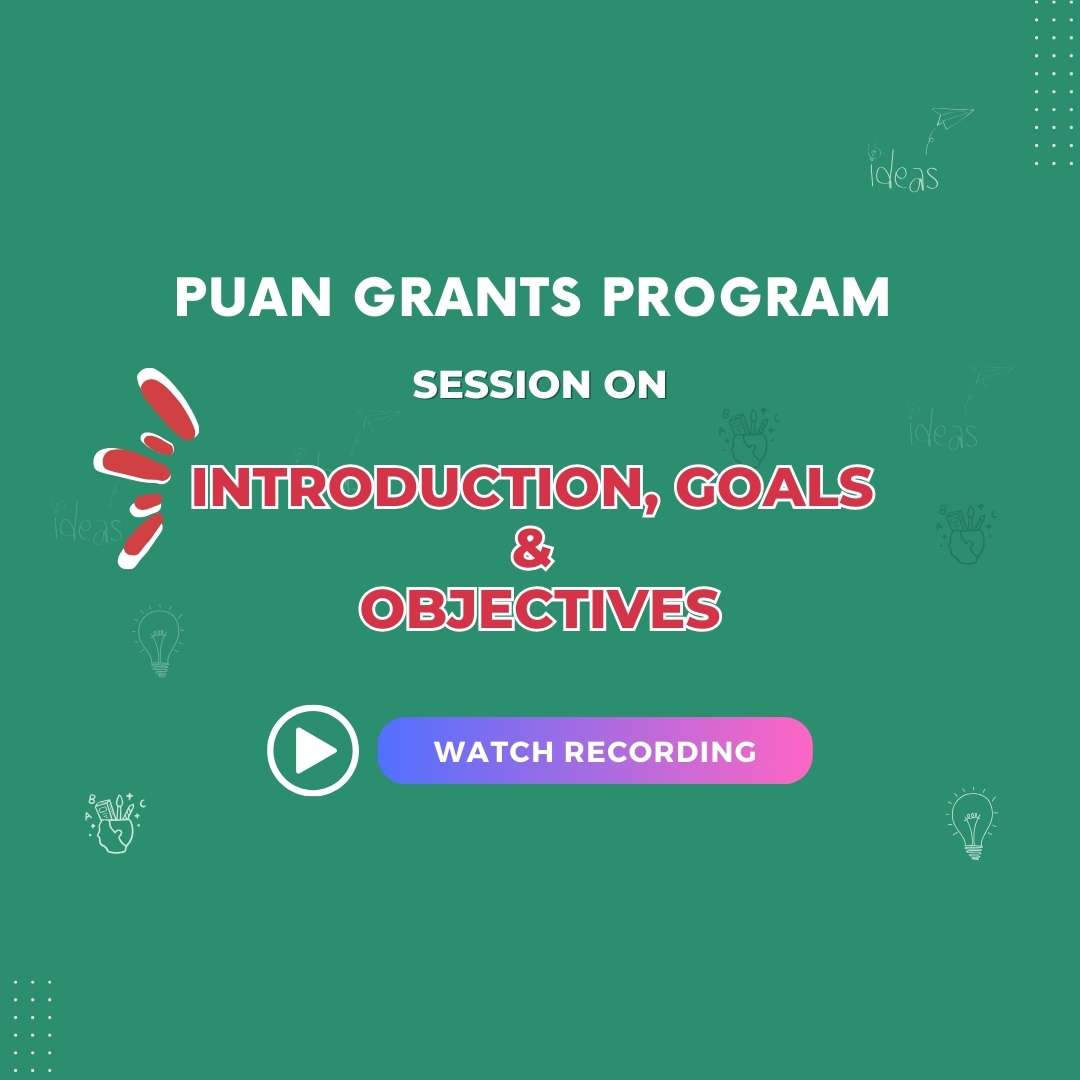By Rimsha Ali Shah
Shuffling through her notes and adding short pointers hurriedly before her turn to plead the case, Hareem was back where she embraced her interest in mooting. It was the same courtroom with the same competitive energy Hareem knew too well from last year when she participated as a researcher.
One look at the bench of qualified judges before her and Hareem could feel the pressure rising. But she brushed that aside, fixed her black coat and approached the rostrum. It was time to put her advocacy skills into action!
“The jump from a researcher to a speaker has been a fantastic experience! I learned so much about pleading before a jury: constant eye contact, presentation skills, and research. The experience has surely boosted my confidence!”
The Pakistan Law Moot (PLM), a mooting competition led by Study of the U.S. Institute alumnus Daniyal Hasan, provides students of law from across Pakistan the opportunity to polish their legal and advocacy skills through three-days of intensive debating in a mock courtroom set-up. Now in its second year, PLM attracted 50 teams from all over Pakistan for the competition with the top 10 teams selected to participate in the event held at United States Educational Foundation in Pakistan (USEFP) from November 25 – 27, 2016. This was made possible with the help of an alumni small grant from the Pakistan-U. S. Alumni Network (PUAN). All alumni of various U.S. government-sponsored exchange programs in Pakistan are eligible to apply for the grant of up to $5,000 USD to enable them to give back to their communities.

Mr. Donald Calvert, Legal Advisor at the U.S. Embassy, judged the final rounds of the moot court and appreciated the quality of advocacy and debate. “The administrators did an outstanding job of organizing the event. It was a well thought out plan from beginning to end which resulted in an efficient and successful moot court. The participants were outstanding. The professionalism and skill set they demonstrated was exceptional. I was very pleased with their level of commitment and preparation for the event. This moot court and these participants bode well for Pakistan in the International Jessup competition which will commence in February,” he said.
Aspiring Lawyers Learn the Ropes of Advocacy
This year’s moot problem focused on international law. “I believe this will help young law students understand the importance public international law plays in our domestic affairs,” said Daniyal Hassan, founder, and president of PLM.
Ramsha Naushab, a jury member at PLM was judging the moot court for the first time. “I am happy that so many students are involved in law moots now as they provide students a real experience into the legal ecosystem.”
Advocacy skills, court etiquettes, and research formed the skills set that was judged during the oral rounds. Fariha Khan, a jury member, believed that the moot problem called for participants to sharpen their research skills as much as their advocacy skills. “I was happy to see that students had put in a lot of effort into research. This is one aspect that should be encouraged in our academic circles as well.”

“Two important things I learned from this experience were the significance of structure and coherence in your arguments,” said Haseeb Qazi, a participant at the PLM.
Savim, who was the coach for the winning team from University College Lahore, said, “I was very impressed with the moot problem! It was complex and required participants to be on the top of their game as the legal arguments could be easily manipulated.”
“The most important takeaway for me was the ability to handle a bombardment of questions with grace and poise,” says Hafsa Ahmed, a participant at the moot court.
For Hijab Siddiqui, Convener of PLM, the high standard of mooting was a clear indication of the growth of mooting culture in academia. “The fact that this time we had women lead the winner’s list by winning the best advocate, and an-girls team winning the team, was a reminder for all that the future holds promising female lawyers in the courtrooms.”
The winning team for this year’s law moot was University College Lahore, and the runner-up was Pakistan College of Law. For more information on the Pakistan Law Moot, visit: www.fb.com/PakistanLawMoot





